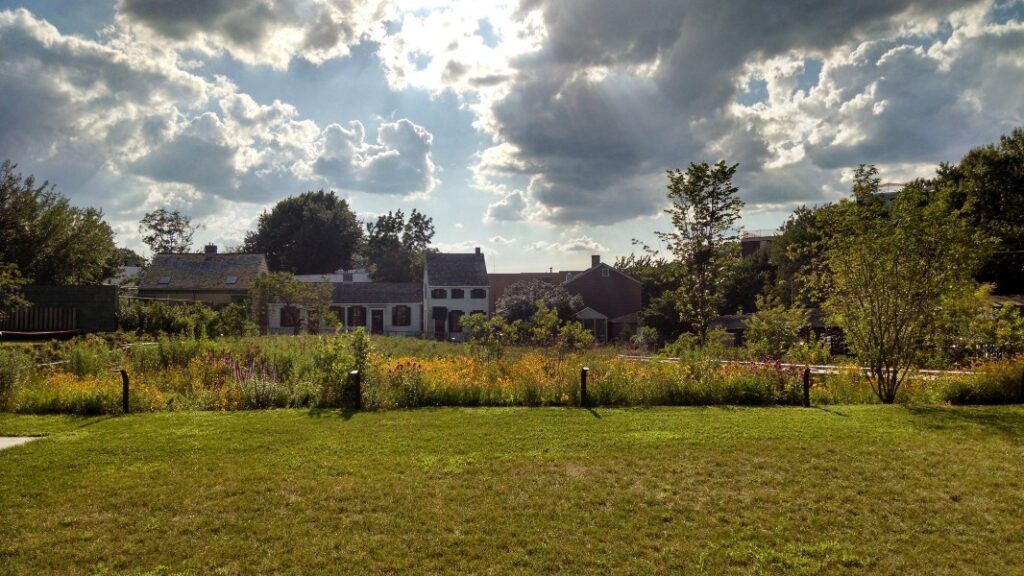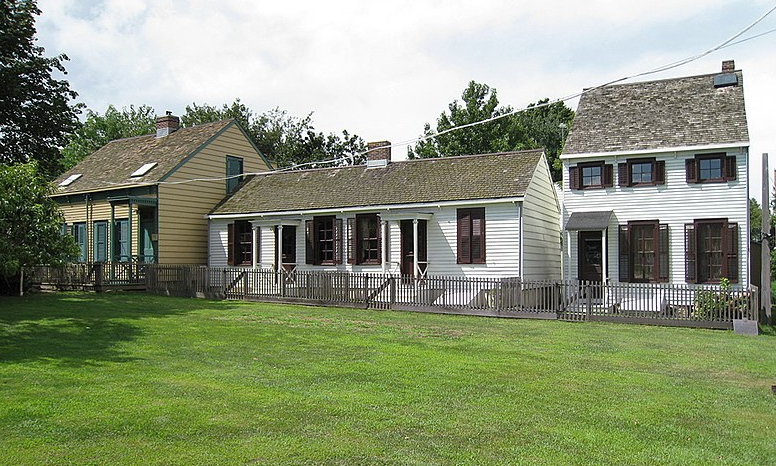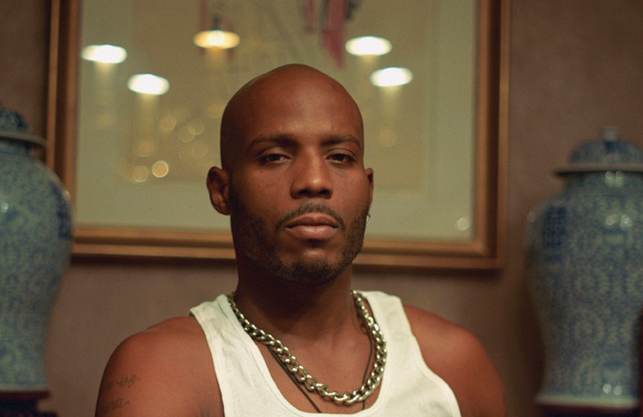By DCLA
Photos: DCLA\Wikimedia Commons
(Brooklyn, NY – October, 2024) The New York City Department of Cultural Affairs (DCLA) and the NYC Department of Design and Construction (DDC) announced Thursday the start of a $3.9 million restoration project for the historic Hunterfly Road Houses in the Weeksville Heritage Center in Brooklyn. The project, which DDC is managing for DCLA, will preserve the landmark houses that were built in the 1800s and which are a rich part of this city’s African American history.

“Weeksville Heritage Center tells such an important story in our city’s history, and preserves the legacy of Black talent and community that have been so integral to the fabric of New York across generations,” said Cultural Affairs Commissioner Laurie Cumbo. “We’re proud to invest in this important institution, and to get work started on this critical renovation project. Art and culture are essential to the strength, safety, and vitality of our communities, and investing in places like Weeksville helps to ensure that all New Yorkers can see their stories represented in our cultural sector.”
“DDC has a history of building at Weeksville and in 2013 completed a $38 million project that renovated and expanded the center’s 23,000-square-foot Education and Arts Building now used for exhibits and spaces for performances and programming,” said Department of Design and Construction Commissioner Thomas Foley. “Through this new $3.9 million project with DCLA, the Weeksville Hunterfly Road Houses will be restored, and their historic items protected for years to come. DDC is proud to work again with the Weeksville Heritage Center to advance its educational legacy, highlighting this important part of African American history in our city.”
“This new project, will restore the exterior parts of the landmark houses, which were built in the 1800s. Upgrades also include a climate-controlled cellar, outdoor lights and other improvements for the historic Center, which is the largest African American cultural institution in Brooklyn.”
“This work represents a significant step in making sure that the Hunterfly Road Houses are here for generations to come,” said Dr. Raymond Codrington, President and CEO of Weeksville Heritage Center. “These houses embody the distinct history of freedom and self-determination that the founders of Weeksville used to build this community. Today we honor the people and effort it took to build and then preserve these houses while we also look forward to the future of Weeksville Heritage Center and our community. We thank the City Council, Brooklyn Borough President, and the Mayor’s office for their support in making these critical capital improvements.”

The Weeksville Heritage Center in Central Brooklyn educates and preserves the history of Weeksville, one of the largest free Black communities in pre-Civil War, and the Historic Hunterfly Road Houses. The houses, which were built between 1840-1880, are examples of the homes of 19th century free African Americans. They were continuously inhabited from their construction until they were rediscovered and acquired by the museum in 1968.
The project will restore the exterior of the houses, including the façades, siding, windows, doors and front porches. The structures’ roofs will be restored, and the gutters, leaders and wood brackets connected to the roof line will be removed and replaced to restore their structural integrity. Additionally, a climate-controlled storage room will be created in the cellar of one of the homes, which was built in 1869, which will help preserve the historical items of the period on the site. Plumbing will also be upgraded in the houses, exterior lighting around the houses will be installed and the museum’s CCTV monitoring system will be upgraded.
Weeksville was named after James Weeks, a former slave from Virginia who purchased the land in 1838. The town became a thriving community for African Americans from all over the east coast after slavery was abolished in New York State in 1827. The houses were designated a New York City Landmark in 1970 and were listed on the National Register of Historic Places in 1971. The site of the houses is the only African American historic site in the Northeast located on its original property.
Work is expected to be completed by spring 2026.
“The restoration of the Hunterfly Road Houses is vital to the preservation of Brooklyn’s African American history,” said Brooklyn Borough President Antonio Reynoso. “These homes tell the story of a thriving free Black community in Weeksville and serve as a testament to the resilience and lasting legacy of these Brooklynites. I commend the NYC Department of Cultural Affairs and the NYC Department of Design and Construction for preserving this piece of history, and I look forward to seeing how the restored houses uplift and educate visitors and community members.”
“DDC and DCLA’s multimillion dollar investment to fully restore Weeksville Heritage Center’s Hunterfly Road Houses is an important action that will safeguard a vital landmark of African American history in New York City,” said Councilmember Crystal Hudson. “This project will guarantee that this significant cultural beacon will remain a place for all New Yorkers to learn of the site’s history as the largest free Black community in pre-Civil War United States. I applaud DDC and DCLA’s commitment to the Weeksville Heritage Center, and I look forward to our continued partnership.”
“I was proud to represent Weeksville in the New York City Council and have been a strong supporter of both the Heritage Center and this project,” said Councilmember Chi Ossé. “I could not be more thrilled that we are breaking ground. Weeksville is central to the history of our city and, specifically, Black Brooklyn. Its preservation is imperative to understanding our past and wielding its lessons to build a stronger and more just future.”
“It is vital to invest in our history. With today’s groundbreaking, we are taking an important step toward preserving the history of Weeksville, which was one of the largest free Black communities in America before the Civil War,” said Assemblymember Latrice Walker. “It is a history that we should all be proud of. It is a meaningful history worthy of passing along to future generations. I am so excited for this restoration project and I look forward to seeing its completion in 2026.”









